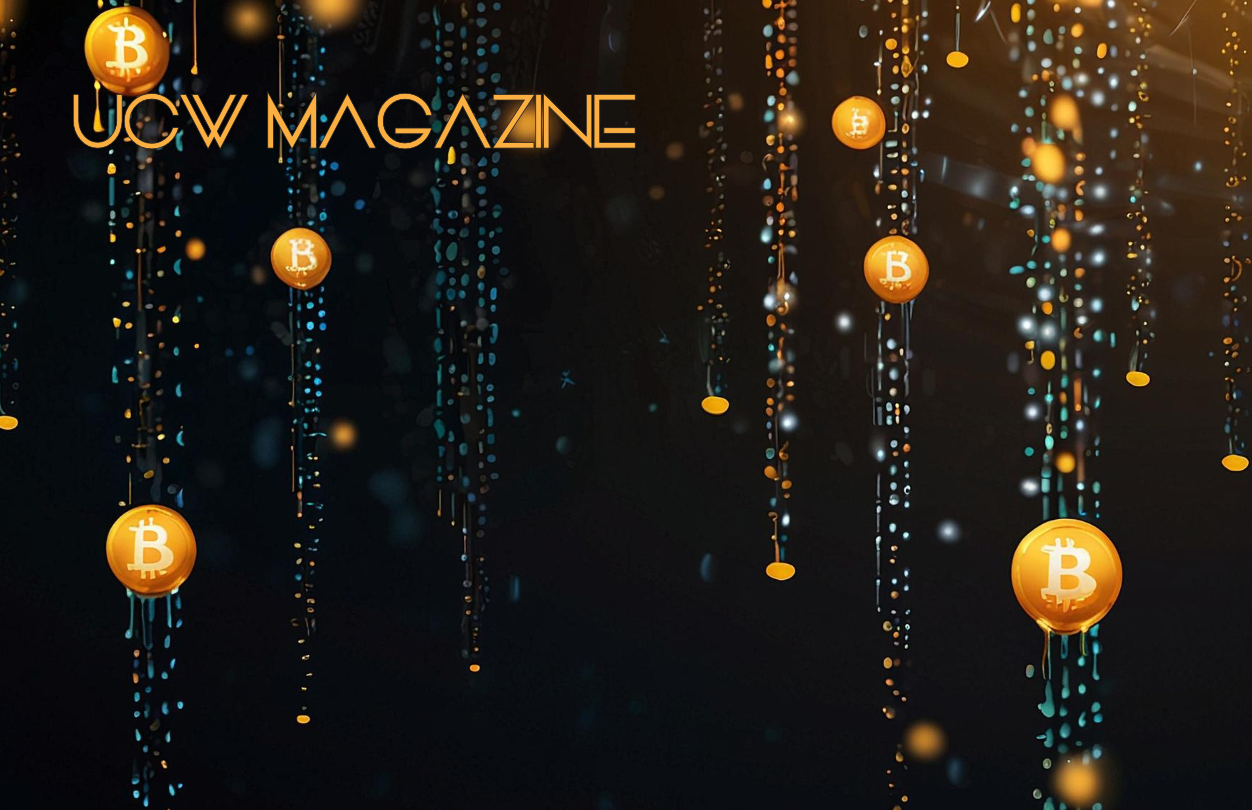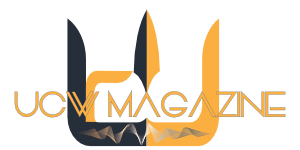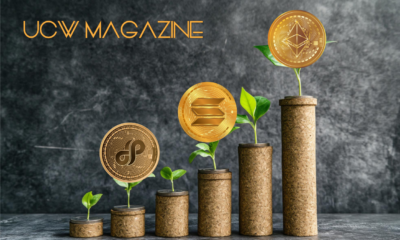Featured Articles
Digital Assets A Potential Game-Changer in Mergers and Acquisitions

The mergers and acquisitions space is gearing up for a potential boom in 2025, digital assets are emerging as a transformative force in the deal-making space. In 2024, companies integrating digital assets into their balance sheets reaped significant benefits, positioning themselves as innovators while gaining a competitive edge. This trend, underpinned by advancements in blockchain technology and the growing acceptance of cryptocurrencies, is set to redefine how transactions are structured, valued, and executed across industries.
Digital Assets in M&A: A Strategic Advantage
Digital assets offer unprecedented liquidity and transparency, making them valuable tools for facilitating complex transactions. By having a treasury reserve of digital assets on the balance sheet could increase deal flow for those companies that simply want to hold onto to their digital assets for the long term. Traditional financial institutions are developing creative ways to leverage and monetize digital assets to assist in deal flow.
An additional option is tokenizing assets, companies can streamline valuation processes, ensure seamless transfer of ownership, and mitigate the risks of fraud or inefficiencies. For instance, blockchain-enabled smart contracts can automate compliance and due diligence, significantly reducing transaction timelines, a critical factor in the high-stakes world of M&A.
In 2024, several companies reported tangible benefits from incorporating digital assets, ranging from improved balance sheet flexibility to increased investor confidence. These benefits have resonated particularly well in sectors like real estate, technology, and financial services, where asset tokenization has unlocked new avenues for value creation.
Digital Assets That Could Be Leading the Charge
Several digital assets are particularly well-positioned to play pivotal roles in the evolving M&A landscape. Bitcoin, often referred to as digital gold, provides a robust store of value and liquidity for large-scale transactions. Ethereum, with its smart contract functionality, enables automated compliance and streamlined processes, making it a favorite for tokenization efforts. XRP stands out for its ability to facilitate fast, low-cost cross-border payments, an essential feature for international deals. Pecu Novus, with its private and scalable layer-2 blockchain capabilities, offers enhanced security, speed, transparency, and cost-efficiency, making it an attractive option for enterprises. Solana, known for its high transaction speed and low fees, is another strong contender for enabling seamless, real-time settlements in complex M&A scenarios. Together, these digital assets provide a diverse toolkit to address the multifaceted needs of modern deal-making.
Private Equity’s Digital Revolution
Private equity players such as BlackRock, KKR, Carlyle Group, and FGA Partners are already eyeing digital assets as catalysts for increased deal flow. Private equity firms are increasingly recognizing the strategic advantages of incorporating digital assets into balance sheets and utilizing them as tools for mergers and acquisitions. Digital assets provide a unique combination of liquidity, security, and efficiency, enabling firms to streamline transaction processes and manage capital more effectively. By holding assets like Bitcoin, Ethereum, XRP, Pecu Novus or Solana, firms can leverage these as collateral or even as direct payment mechanisms in acquisitions, reducing reliance on traditional financial intermediaries.
Another value add is leveraging tokenization, these firms can fractionalize large assets, opening doors to a broader pool of investors and democratizing access to high-value deals. For example, a traditionally illiquid asset like real estate can be tokenized, enabling partial ownership and enhancing liquidity.
Moreover, digital assets can facilitate cross-border transactions, a growing focus for private equity firms seeking opportunities in emerging markets. Blockchain technology provides an immutable ledger, ensuring transparency and trust in international deals, critical for navigating complex regulatory landscapes.
The Road Ahead: 2025 and Beyond
With the M&A space on the cusp of a resurgence, digital assets are poised to play a pivotal role in shaping its future. Analysts predict that as companies and investors become more comfortable with blockchain-enabled tools, digital assets will transition from an experimental innovation to a cornerstone of M&A strategy.
The potential impact spans multiple industries. In healthcare, tokenized intellectual property could streamline licensing agreements. In energy, blockchain could facilitate the seamless exchange of carbon credits or renewable energy assets. Retail and technology sectors could see enhanced supply chain integration and intellectual property protections.
A Paradigm Shift in Corporate Strategy
As the adoption of digital assets accelerates, companies that embrace this innovation stand to gain a significant first-mover advantage. For private equity firms, the ability to integrate digital assets into their deal-making arsenal could enhance portfolio performance, attract forward-thinking investors, and solidify their position as leaders in a rapidly evolving market.
Digital assets are no longer a fringe element—they are becoming a cornerstone of modern corporate strategy. For the M&A space, their integration signals a future where efficiency, transparency, and innovation drive unprecedented growth.
Jennifer Gomez
UCW Magazine
































